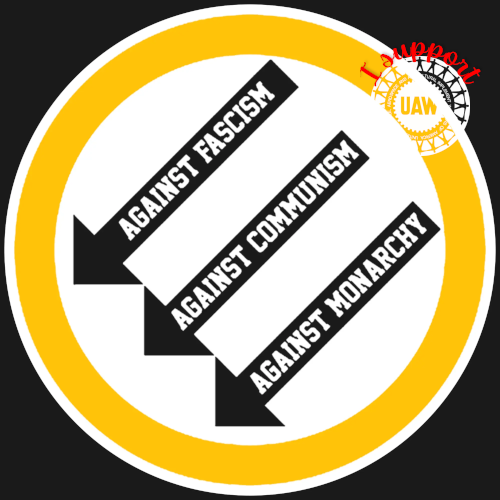- cross-posted to:
- programming@programming.dev
- cross-posted to:
- programming@programming.dev
This article is focusing on the hacker community, but after reading it I starting thinking it might be true of organizing spaces too. What fo you think?
I liked that article a lot. Interesting that he doesn’t explicitly connect the dots between the hierarchy inherent in having a selected group of people ie moderators deciding what is and what isn’t acceptable and the hierarchy trying to protect itself with those same tools that bestow it that power in the first place. Any time a large group of people have to create a consensus, this type of power imbalance can occur. It’s been seen in unions, leftist spaces, abolitionists.
In organizing, there are often times leaders selected, in one form or another. The organization has common goals and to achieve them, it requires power. The organization as a whole has a common interest in maintaining that power. The leaders have that same interest. The power the organization attains paradoxically ends up being its master, requiring protection. the organization has to reach a consensus. How to protect the power it attains, what cost is acceptable, in what manners can the goal be shifted. I think that equation ends up being exponentially more complicated than the type of consensus making processes are able to handle. in this confusion, the goals become foggier and the desire to protect that progress that has already been achieved heightens. in such a situation, the contract breaks down and the organization as a whole is misconstrued as the actions of the appointed leaders, who may be good enough people who decide for the entire organization what cost is acceptable for protection of the progress/power attained thus far.


